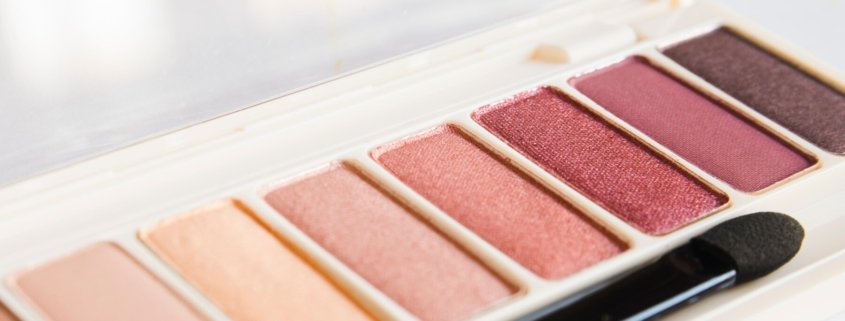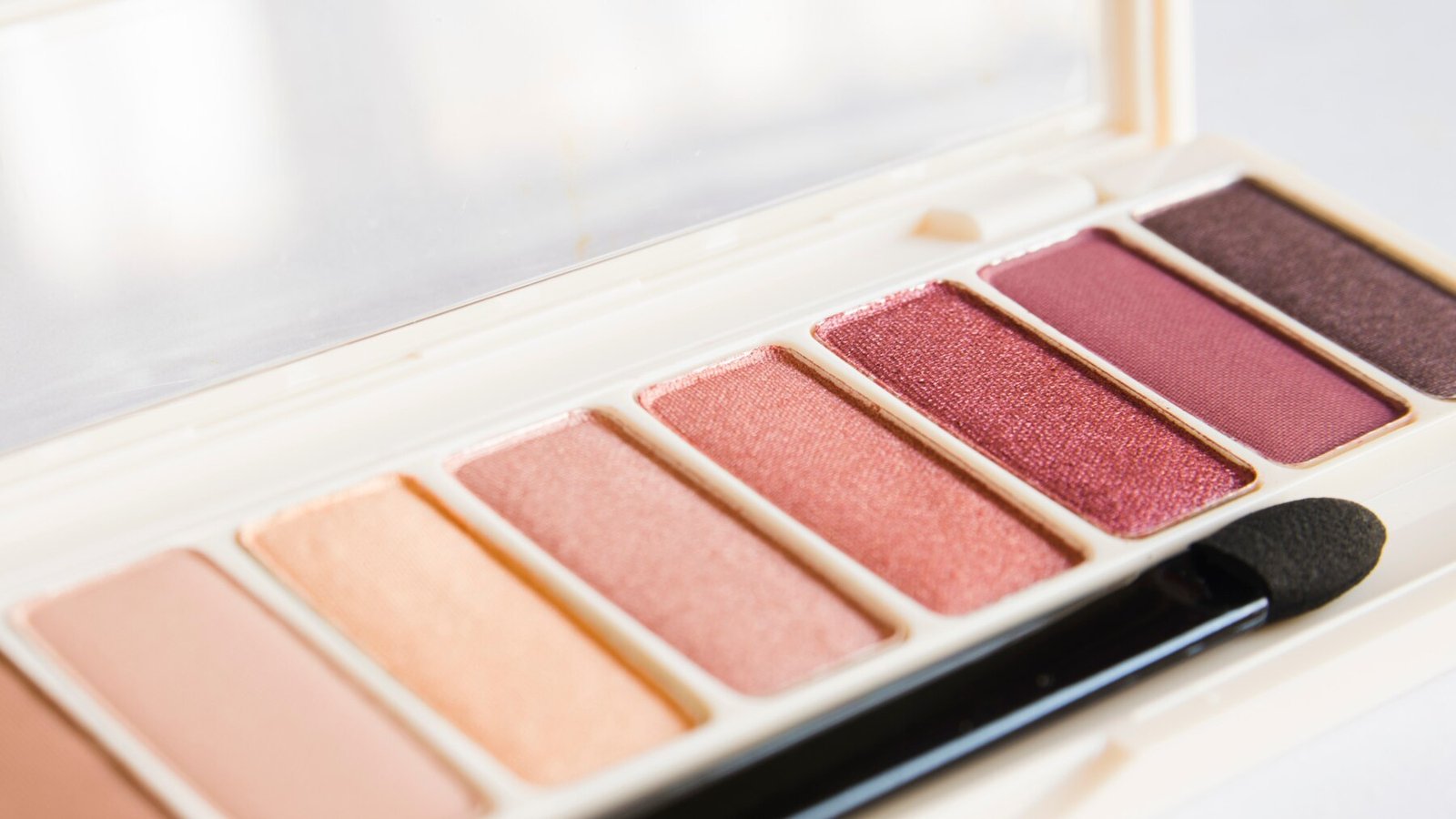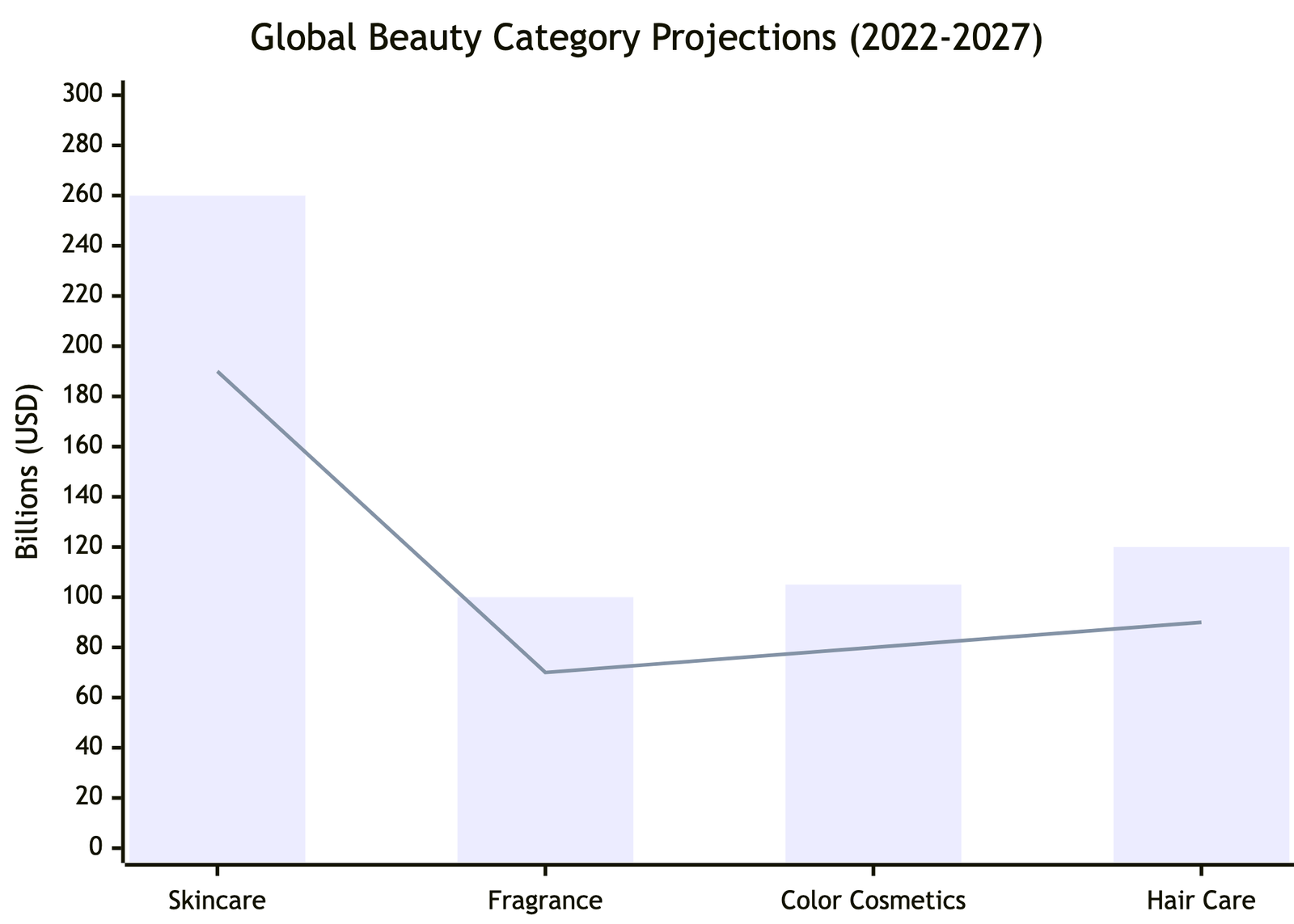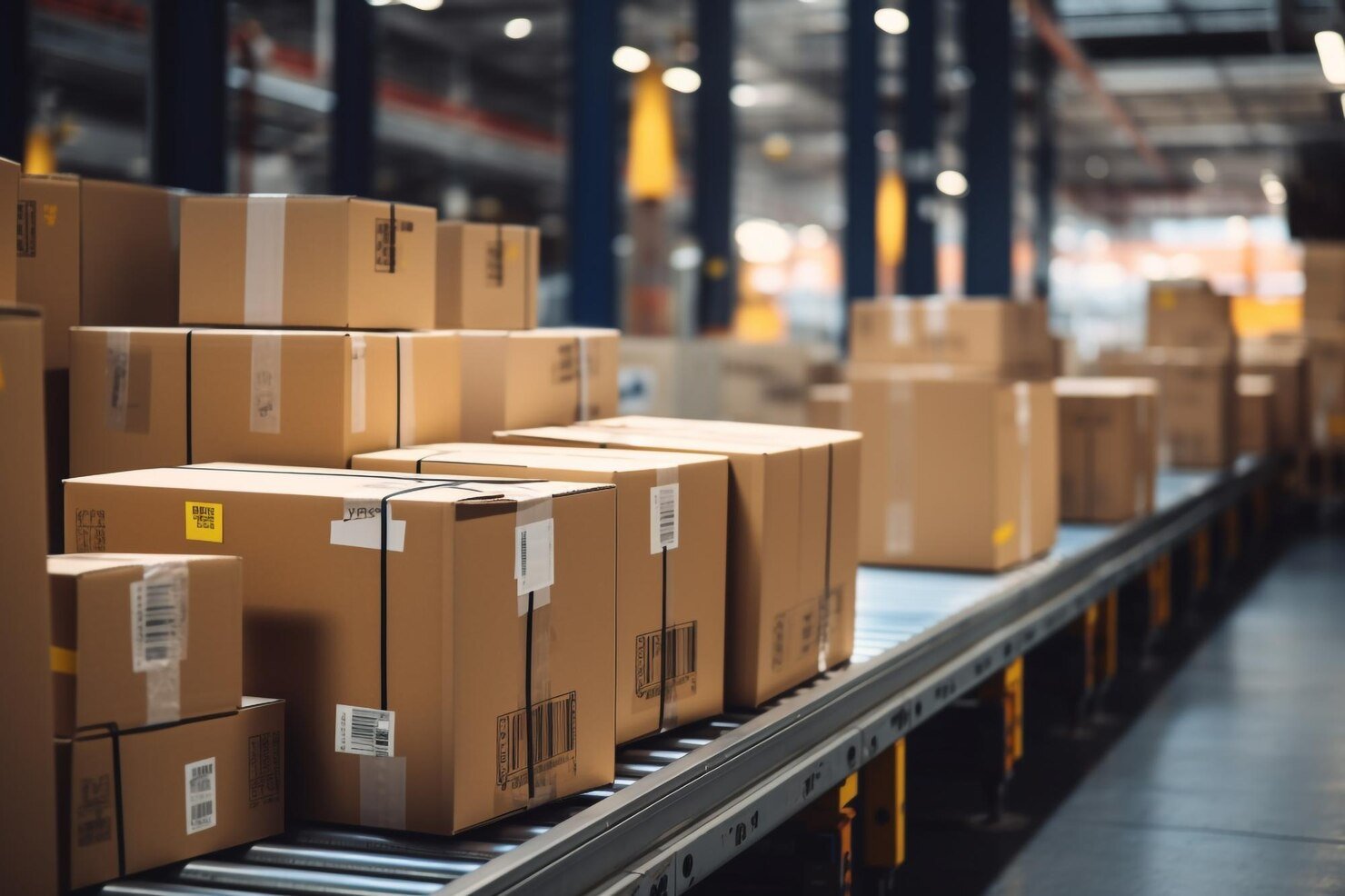Top 7 Makeup Trends Can Win Big for 2025: A Strategic Guide for Brands & Entrepreneurs
The global beauty industry is projected to surpass $600 billion by 2027 (McKinsey & Co.), but the brands winning in 2025 are the ones staying ahead of fast-changing makeup trends.
For entrepreneurs launching a new beauty line, or existing businesses expanding their product range. The challenge is clear: how to deliver trend-led products quickly and affordably.
That’s where private label manufacturing comes in. It allows you to tap into the hottest trends while skipping the long, costly process of developing products from scratch.
1. Clean & Conscious Beauty Becomes the Standard
Clean & Conscious Beauty Becomes the Standard Clean formulations are no longer a niche, they’re the default expectation. Consumers are actively avoiding parabens, sulfates, and synthetic fragrances in favor of safer, transparent ingredient lists.
-
Key trend: Organic, vegan, and cruelty-free certifications
-
Why it matters: 73% of Gen Z buyers rank ingredient transparency as their top buying factor (Source: Mintel).
For private label brands, clean beauty presents a chance to launch differentiated lines quickly, without building costly labs or supply chains from scratch.
2. Multi-Functional Makeup–Skincare Hybrids
Hybrid products that combine color and care are dominating shelves. Think: BB creams infused with SPF, tinted serums with niacinamide, or lip oils that hydrate like balms.
-
Consumer driver: Busy lifestyles and “skinimalism”, the desire for fewer steps with greater impact.
-
Example: Tinted moisturizers with active ingredients are projected to see double-digit growth in 2025 (Source: Allied Market Research).
Private label hybrids allow brands to meet demand for high-efficiency routines and create hero products that build loyalty.
 3. Inclusivity & Shade Diversity
3. Inclusivity & Shade Diversity
Beauty buyers are increasingly diverse, and shade inclusivity is a business must. Foundations, concealers, and lip products that cater to wider undertones and textures have the potential to dominate social conversations and win long-term customers.
-
Trend: Multiracial and adaptive beauty solutions are forecast to reshape the global makeup landscape (Vogue Business).
-
Opportunity: Offering a broad shade range is a competitive advantage for emerging brands.
Private label manufacturing simplifies scaling shade ranges, allowing even smaller brands to launch inclusive collections without massive upfront investment.
4. Sustainability Moves Beyond Packaging
Eco-friendly packaging (refillables, biodegradable tubes, recycled plastics) is only part of the equation. Sustainable sourcing of raw materials, like mica, palm oil, and natural pigments, which is also under consumer scrutiny.
-
Stat: 67% of beauty consumers globally prefer eco-friendly packaging, according to Nielsen.
-
Future direction: Waterless or concentrated formulas to reduce carbon footprint.
Private label solutions allow businesses to integrate sustainability early, making it both cost-effective and brand-building.
5. Skincare-Makeup Hybrids: The “Skinification” of Color Cosmetics
The line between makeup and skincare has permanently blurred. Consumers demand coverage that also cares for their skin, offering long-term benefits.
-
What it is: Foundations with Hyaluronic Acid for hydration, concealers with Niacinamide for blemish control, lipsticks with plumping peptides, and primers infused with SPF or blue light protection.
-
Why it’s big: It adds tangible value and justifies a premium price point. A report by Mintel highlights that over 60% of makeup users are interested in products that offer long-term skincare benefits.
Reputable manufacturers have already invested in R&D to create stable, effective formulas that blend actives with pigments. This allows you to launch a cutting-edge product without the time and cost of developing it from scratch.
This chart illustrates the projected growth and value of key beauty categories, highlighting where the biggest opportunities lie for new and expanding brands.
Source: Based on data from The Business of Fashion and McKinsey & Company’s “The State of Fashion: Beauty” report
6. Blue Beauty & Waterless Formulations
The next evolution of “clean beauty” focuses on its environmental impact, specifically water conservation and ingredient biodegradability.
-
What it is: “Waterless” anhydrous products (e.g., solid blush balms, powder-to-creme foundations) that reduce water waste and need fewer preservatives.
-
Why it’s big: With water scarcity affecting billions, consumers are drawn to brands that address resource use. These formulas are also more concentrated and often more potent.
Manufacturers with expertise in innovative formulations can provide stable, effective waterless products that align with this profound ethical and commercial shift.
7. Minimalist “Core” Aesthetics: Strawberry, Latte, & Vanilla Makeup
While dopamine makeup is booming, so are curated, monochromatic aesthetics. These “cores” offer a cohesive, easy-to-achieve, and highly marketable look.
-
What it is: Strawberry Makeup (pink & flushed), Latte Makeup (warm, bronzy browns), Vanilla Girl (soft, neutral, shimmer). It’s about a full-face look using a limited, tonal color palette.
-
Why it’s big: These trends are highly accessible and explode on platforms like Pinterest and Instagram Reels, making them incredibly commercially viable for curated kits and collections.
Quickly launch a curated kit (e.g., a “Latte Makeup Kit” with a bronzer, lip liner, and eyeshadow stick) by leveraging a manufacturer’s existing product catalog, allowing you to ride a viral wave without a multi-year development cycle.
Why Private Label is Your Strategic Advantage in 2025
Understanding these trends is one thing; executing on them quickly and cost-effectively is another. This is where the private label model shifts from an option to a strategic necessity.
| Advantage | Description | Benefit to You |
|---|---|---|
| Speed to Market | Launch trend-led products in weeks, not years. | Capitalize on viral trends before they fade. |
| Lower Risk | Test products with small MOQs before scaling. | Protect your capital and validate product-market fit. |
| Scalability | Expand into new categories or shades easily. | Grow your product line seamlessly with demand. |
| Cost-Effectiveness | Save on massive upfront R&D, formulation, and compliance costs. | Allocate more budget to marketing and brand building. |
| Focus on Your Brand | Let experts handle production while you build your brand story. | Dedicate your energy to what truly differentiates you. |
In other words: you focus on the brand, we handle the science.
Private label manufacturing has become a powerful way to respond to these changes. By partnering with a reliable manufacturer, businesses can quickly bring trend-driven products to market without the heavy lift of in-house R&D.
 How to Choose the Right Manufacturing Partner
How to Choose the Right Manufacturing Partner
Not all private label manufacturers are created equal. Your partner should be an extension of your team. Look for:
-
Trend Forecasting: Do they have a pulse on the market and proactively develop new formulas?
-
Formulation Expertise: Can they handle complex skincare-infused makeup or custom color matching?
-
Sustainable Options: Do they offer genuine eco-friendly packaging and clean formulations?
-
Flexibility: Are they willing to work with you on customizations and smaller batch sizes?
-
Compliance: Can they ensure your products meet the regulatory standards (e.g., EU, FDA) of your target markets?
This is where a partner like YBS Cosmetics excels. We provide more than just manufacturing; we provide a pathway to market.
Why Work With YBS Cosmetics?
We’ve helped 10,000+ brands worldwide launch trend-driven, high-quality makeup lines. Whether you’re starting your first brand or scaling an existing one, we make the process:
-
Worry-Free: From formulation to packaging, everything is handled.
-
Trend-Driven: Our labs follow global beauty trends closely.
-
Flexible: MOQs start low, making it easy to test markets.
-
Proven: 20+ years of cosmetic manufacturing experience.
👉 Contact us here to start building your makeup line today.
FAQs
Q: What’s the #1 makeup trend in 2025?
Clean, ethical, and hybrid makeup formulations are leading the market.
Q: Can small brands compete with big names?
Yes—private label levels the playing field with ready access to quality formulations and broad shade ranges.
Q: Is private label only for startups?
Not at all. Even established salons and retailers use private label to expand their product lines quickly.
Q: Does sustainable packaging cost more?
Private label makes eco-friendly options more accessible, often at competitive prices thanks to manufacturer scale.
Q: How much does it typically cost to start a private label makeup line?
Costs vary based on product complexity, packaging, and order quantity. However, the private label model dramatically reduces upfront costs. Many manufacturers have low MOQs, allowing startups to begin with an initial investment ranging from $500 to $1,000 for the first production run of a few SKUs
Q: What is the difference between private label and white label?
White label products are pre-made and sold to multiple brands with only the label changed. Private label offers much greater flexibility, allowing for customization of the formula, texture, fragrance, and full packaging design to create a truly unique product for your brand


 3. Inclusivity & Shade Diversity
3. Inclusivity & Shade Diversity
 How to Choose the Right Manufacturing Partner
How to Choose the Right Manufacturing Partner
